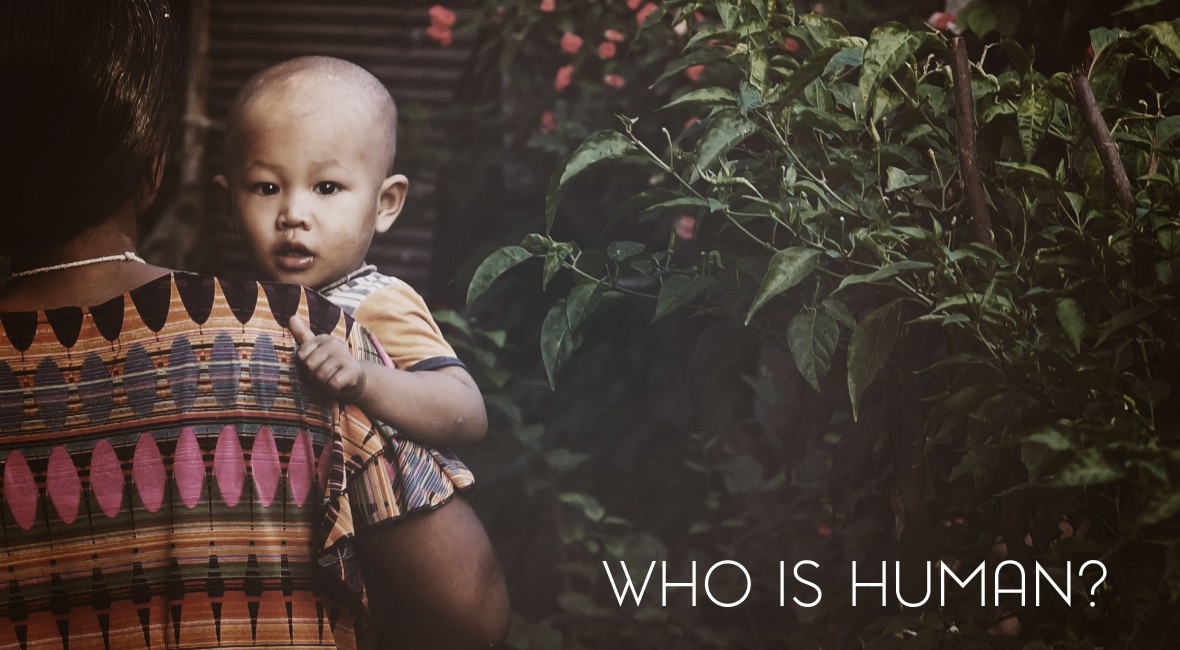In September, 2015, an effort was made through social media to challenge the stigma of abortion through the use of the hashtag #shoutyourabortion. Women who had had an abortion were encouraged to speak out, be proud, and reject the stigma of guilt and shame placed on them by society. I confess that the brazenness of many of these abortion supporters makes me angry. But I believe in the slow play of the kingdom of God. I believe that one day, at the resurrection, these women will meet the person they chose to terminate. I sincerely hope and pray that on that day they can embrace, be reconciled together through Christ, enjoy fellowship with one another in the eternal, healing new creation of God. For it is only then and there that all manner of things shall be well.
Humans have a long, sad history of deciding who is and isn’t fully human.
During this year’s Super Bowl, Doritos aired an ad of an unborn child with an unusually advanced appetite for their delicious chips. This ad was criticized in a tweet by NARAL, an organization committed to advocating for abortion rights, as “humanizing fetuses.” (Their exact words.) Defining the humanity of the fetus really is the heart of the abortion debate, though it is still shocking to see it put so bluntly, as though “humanizing fetuses” were either objectionable, immoral, or unnatural.

